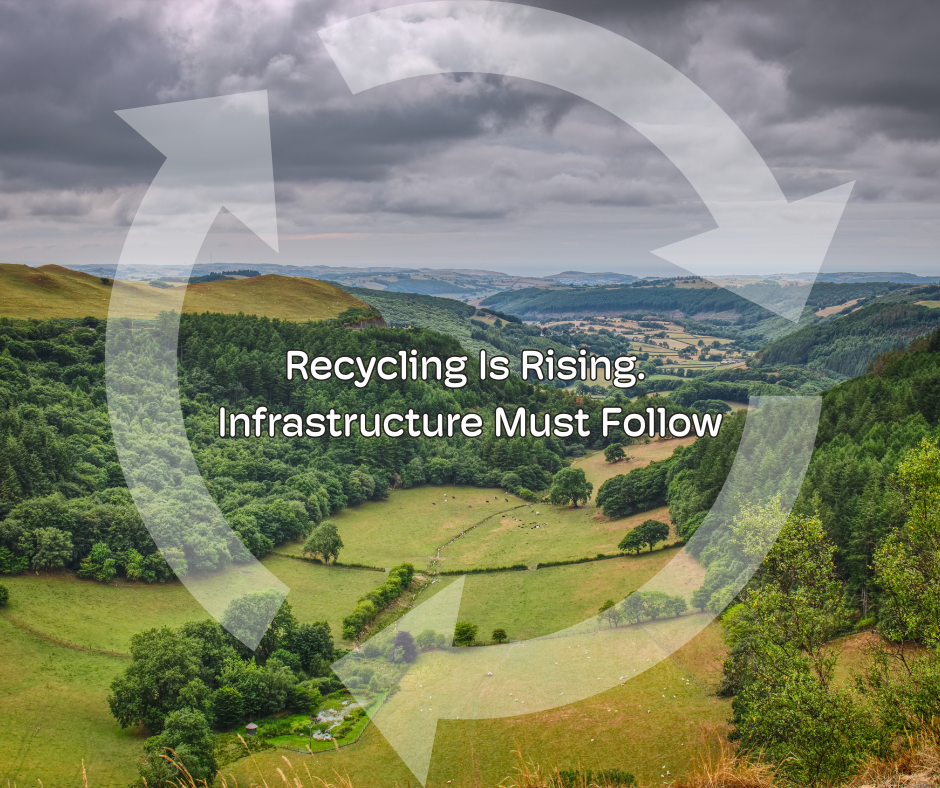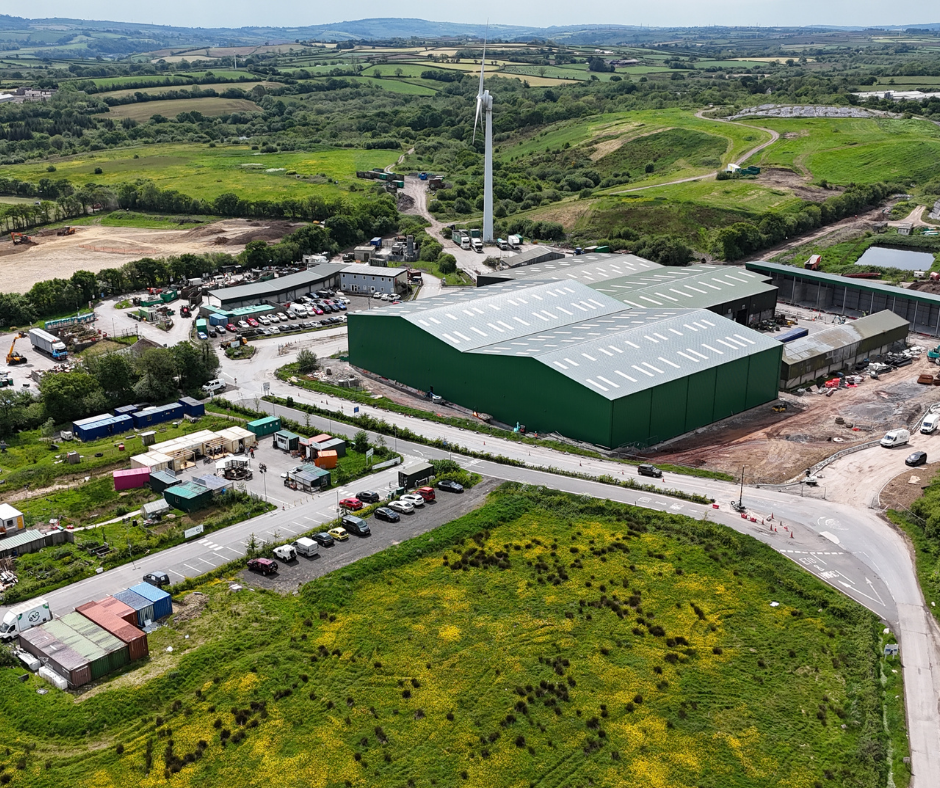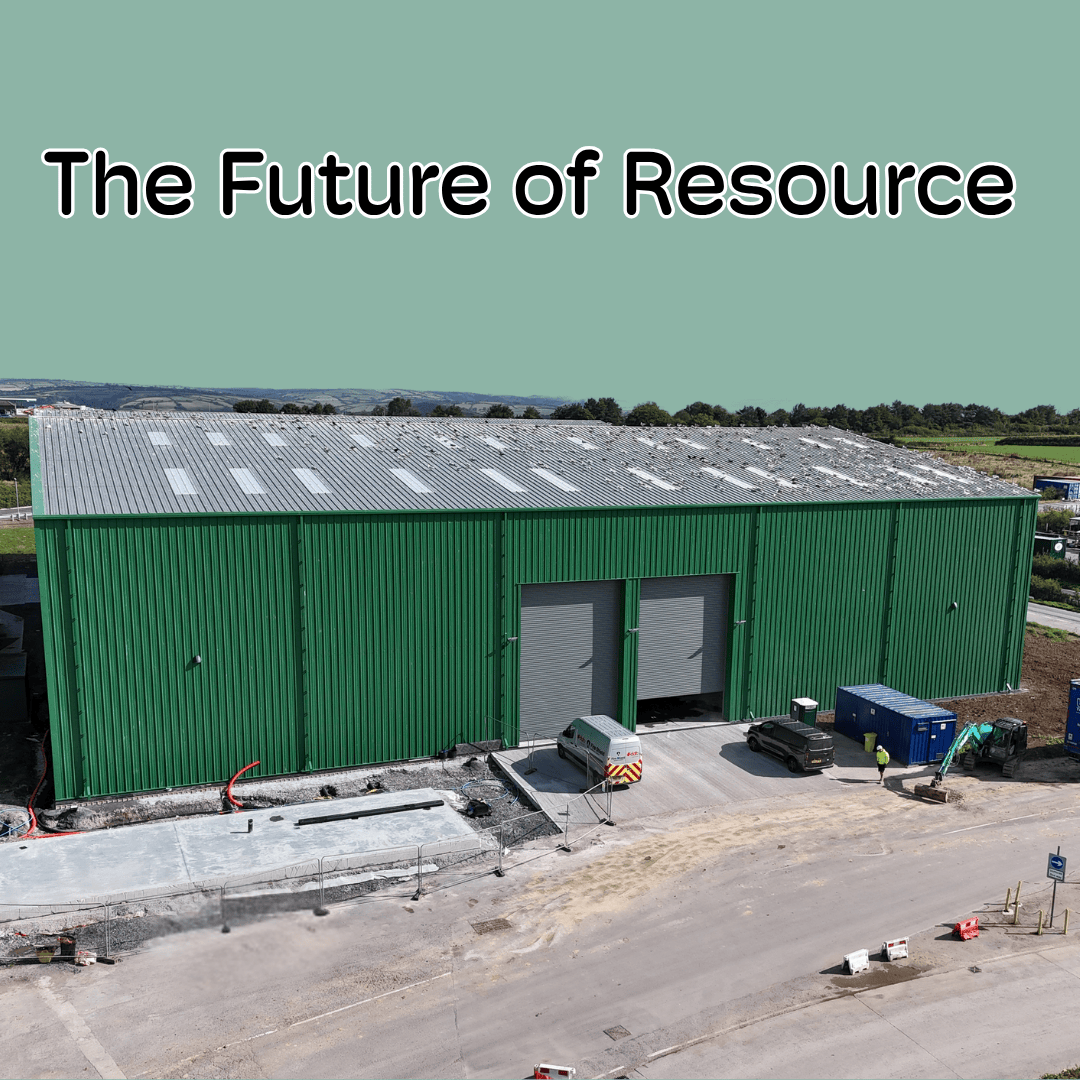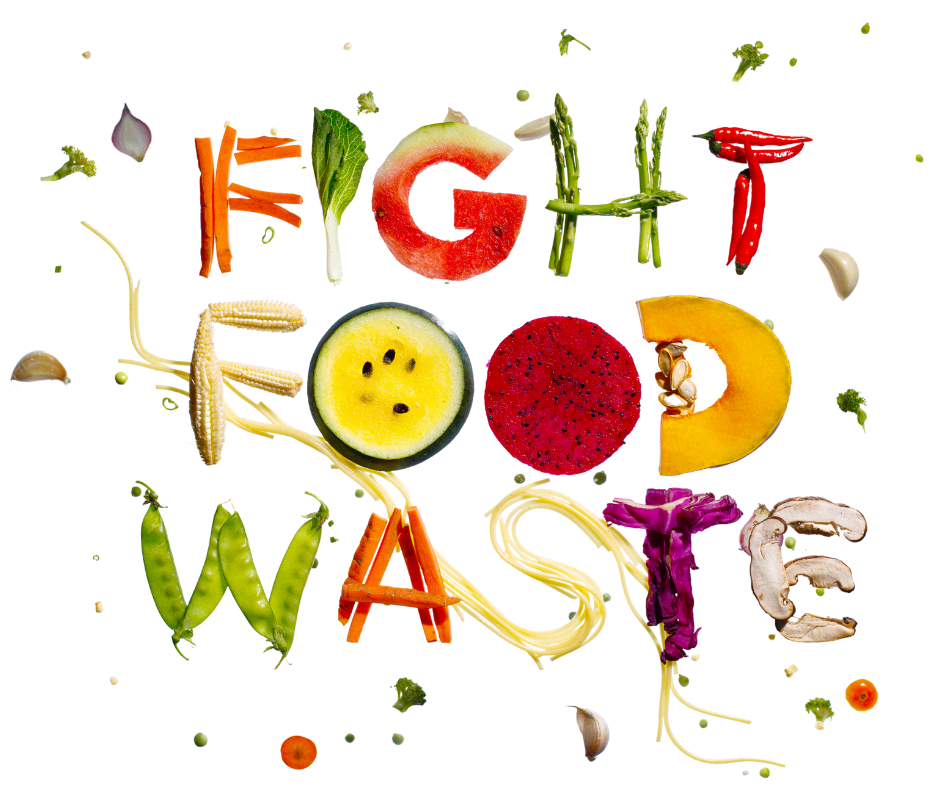
Food waste poses a significant challenge in the United Kingdom, with households and businesses generating substantial amounts of wasted food every day. However, in Carmarthenshire, proactive measures are being taken to address this issue head-on. Let’s delve into the journey of food waste in Carmarthenshire and explore the initiatives undertaken to manage it sustainably.
Collection and Transportation
Carmarthenshire County Council has implemented a comprehensive food waste collection scheme, allowing both households and businesses to participate in diverting food waste from landfill. The process begins with the collection of food waste from the curb side across the county. Once collected, the food waste is transported to one of three transfer stations situated at Nantycaws, Wernddu, and Trostre.
Anaerobic Digestion: A Sustainable Solution
Upon reaching the transfer stations, it’s then delivered onwards to Bridgend where the food waste undergoes a crucial transformation through anaerobic digestion. Anaerobic digestion is a biological process where microorganisms break down organic matter, such as food waste, in the absence of oxygen. This process generates biogas, a mixture of methane and carbon dioxide, which can be harnessed as a renewable energy source.
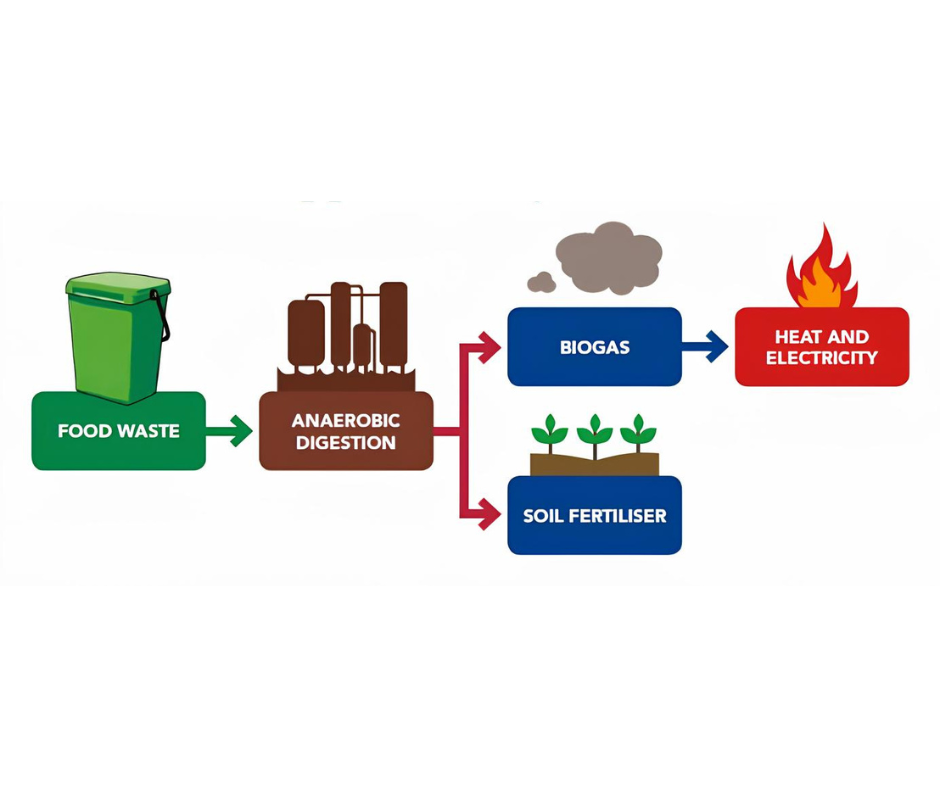
Here, the organic matter is processed in specialised tanks, where microorganisms facilitate its decomposition, yielding biogas and digestate. The biogas produced is captured and utilised to generate electricity and heat, contributing to renewable energy production. Moreover, the digestate serves as a nutrient-rich fertiliser, promoting agricultural productivity.
WRAP’s Food Waste Action Week
CWM Environmental actively participates in initiatives such as WRAP’s Food Waste Action Week, a national campaign aimed at raising awareness about food waste reduction and encouraging sustainable practices. This annual event engages communities, businesses, and policymakers in addressing the challenges posed by food waste and promoting practical solutions.
Educational Outreach and Engagement
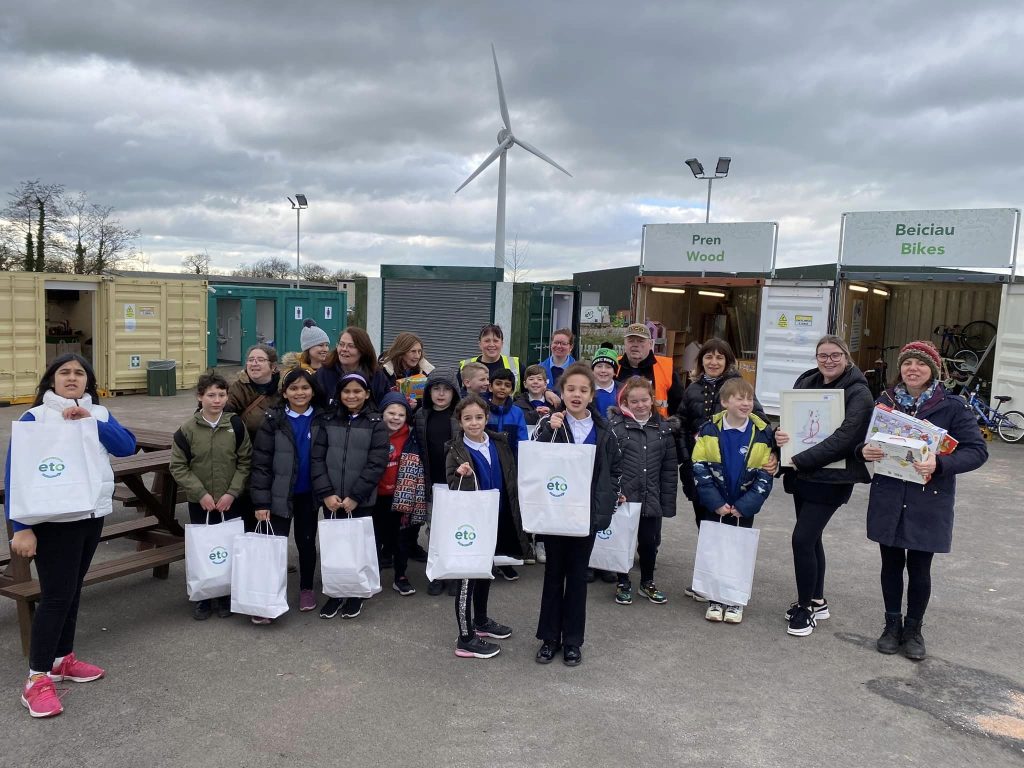
At CWM Environmental, we are committed to not only managing food waste effectively but also educating future generations about the importance of food waste reduction and sustainable practices. Through initiatives like showcasing allotments and engaging children in discussions about food-saving ideas, we empower young minds to make informed choices and take proactive steps towards reducing food waste.
New Food Waste Legislation in the UK
In line with efforts to combat food waste, the UK government has introduced new legislation aimed at reducing food waste levels and promoting sustainable practices. This legislation emphasises the importance of waste prevention, redistribution of surplus food, and recycling of unavoidable food waste. By implementing these measures, the UK aims to minimise the environmental impact of food waste and build a more sustainable future.
Managing food waste in Carmarthenshire is not just a responsibility but an opportunity to embrace sustainable practices and contribute to a greener future. Through collaborative efforts, innovative solutions, and ongoing education, we can reduce food waste, mitigate environmental impact, and foster a culture of sustainability in our communities. Let’s continue working together to make a positive difference for generations to come.
Your Questions Answered
What is Food Waste Action Week?
Food Waste Action Week is an annual event aimed at raising awareness about food waste reduction and promoting sustainable practices. The fourth annual Food Waste Action Week took place from 18th to 24th March 2024. This year’s theme, ‘Choose what you’ll use,’ encouraged individuals to save time and money by making the most of the food they already have.
What day is Stop Food Waste Day?
Stop Food Waste Day is the largest single day of action in the global fight against food waste. In 2024, it was observed on Wednesday, 24th April, providing an opportunity for individuals and organisation’s worldwide to come together and take action to combat food waste.
What is the new food waste law in Wales?
The new food waste law in Wales emphasises waste prevention, surplus food redistribution, and the recycling of unavoidable food waste. It aims to reduce food waste levels and promote sustainable practices across the nation, aligning with efforts to combat environmental degradation and build a more sustainable future.
How bad is food waste in the UK?
Food waste remains a significant issue in the UK, with the nation producing the highest amount of food waste in Europe. Shockingly, over one-third of all food produced globally goes to waste. In the UK alone, approximately 9.5 million tonnes of food waste are generated each year, despite 8.4 million people facing food poverty.
What is the most wasted food in the UK?
Salads are the most wasted food type in the UK, with more than 45% of all purchased salads ending up being discarded. This highlights the need for increased awareness and efforts to reduce waste at every stage of the food supply chain.
Why is food waste a problem in the UK?
Food waste poses significant environmental challenges, including its contribution to climate change. The resources invested in producing wasted food, such as freshwater, land, and labour, are substantial. In fact, if food waste were a country, it would rank as the third-highest emitter of greenhouse gases globally. Addressing food waste is crucial for minimising environmental impact and promoting sustainability.
CWM Environmental’s Initiatives
At CWM Environmental, we recognise the importance of addressing food waste through proactive measures and sustainable practices. In addition to participating in initiatives like Food Waste Action Week, we actively engage in educational outreach and community involvement. Our efforts include showcasing allotments and educating children about food-saving ideas to instil a culture of waste reduction and sustainability from an early age. Through collaborative action and ongoing commitment, we strive to make a positive impact on food waste management in Carmarthenshire and beyond.
Our latest posts
-
-
CWM Environmental Marks a Year of Record Growth, Community Impact, and Circular Innovation
CWM Environmental has concluded 2025 with a series of significant achievements in the circular economy.
-
Nantycaws Resource Recovery Facility Enters Key Phase in Circular Economy Infrastructure Development
The Nantycaws Resource Recycling Facility (RRF) has reached an exciting new phase. The first phase of the build is now complete, marking significant progress in the creation of one of Wales' most advanced pieces of circular economy infrastructure.

